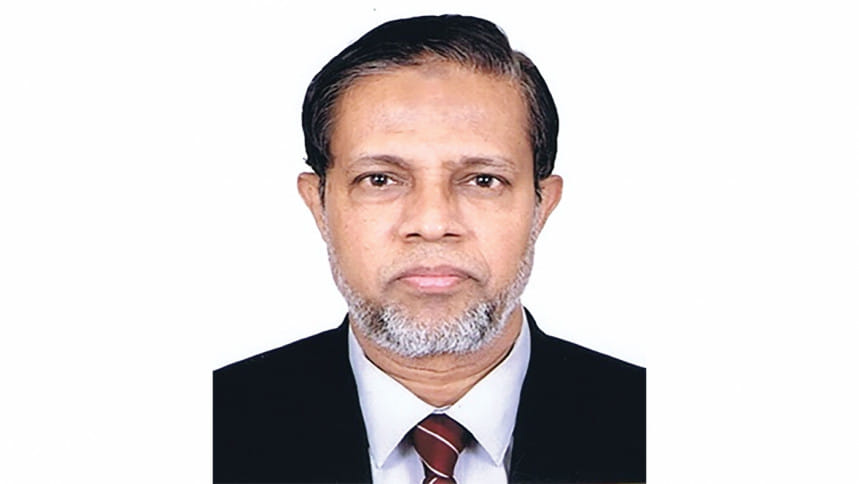Budgetary control and appraisal of supplementary budget

In theory and practice, imposed budgets are prepared from top-down direction, i.e., the resources committee sets the high-level budget (often just basic numbers), without collecting detailed information from operating staff. This total general target is then broken down into a detailed budget.
On the other hand, estimated budgets are prepared from the bottom up, i.e., operating staff collect detailed information from various departments, functions and other sources.
The logic and advantages of bottom-up budgets are manifold: (1) bottom staff may be more motivated if they participate in the budget preparation; (2) bottom staff are in regular and detailed contact with the budgeted objects; (3) they have better information compared to senior management; and (4) they are more accountable for the implementation.
However, the disadvantages of bottom-up budgeting should not be overlooked. In bottom-up budgeting, there is low control over budgets mainly because operating staff often lack a complex view and concentrate just on departmental issues, therefore the risk of not meeting the national objectives remains.
The risk of poor budget increases if operating staff do not have sufficient experience. The process of budget preparation is quite long and bottom staff may set too easy targets. So, the problems with coordination between departments and departmental budgets need to be interrelated.
Though senior management often adjusts the final aggregated figures anyway, it is very difficult to explain any variances of such budgets with actuals in the future if these adjustments are not planned in bigger operational detail.
In Bangladesh, the national budget is prepared in a manner that is somewhere between the top-down and the bottom-up approach. Both the supplementary budget and the proposed budget are placed before the parliament in the first week of June, the last month of the fiscal year.
According to the legislative rules and procedure, the supplementary budget is cleared within a week after it is placed and the proposed budget is passed by parliament by June 30 for the assent of the honourable President.
In particular, the placing of the supplementary budget and its passage has got a very specific provision in Article 91 of the Constitution. And in line with the quoted constitutional spirit, Para 123 and 124 of the Rules of Procedure of the Bangladesh Parliament have very specific provisions.
Under this guidance, the nation seldom sees any detailed discussion or debate on the supplementary budget placed in parliament. It is cleared by the legislature mostly within the next week of its placement.
Traditionally, in this part of our world, the budget is prepared by the finance ministry, endorsed by parliament without significant scrutiny, and implemented by different ministries and agencies of the government with not much adherence as it was not proposed by them. Again, the parliament accepts the supplementary budget in a smooth way.
The budget, apart from an outline of a strategic plan and roadmap for development and non-development fiscal measures, is a fundamental memorandum of understanding between the citizen and the government and both are legally bound (accountable) to each other for its proper implementation.
Both the government and citizens are represented in the parliament by the elected representatives, so the representatives are highly expected to have an active participation in the budget making, passing and implementation.
The author is a former secretary and chairman of the National Board of Revenue. He can be reached at [email protected]

 For all latest news, follow The Daily Star's Google News channel.
For all latest news, follow The Daily Star's Google News channel. 




Comments